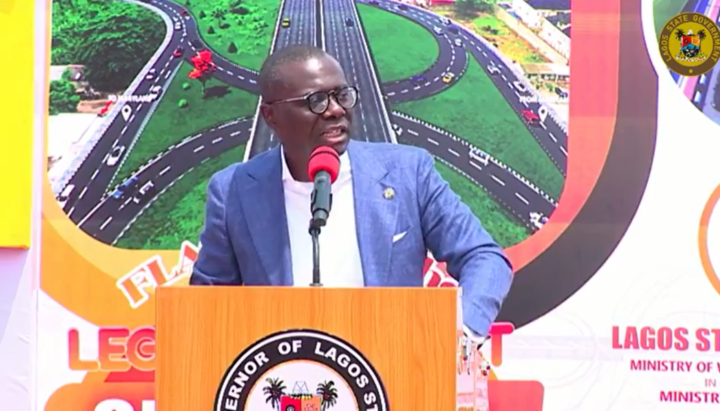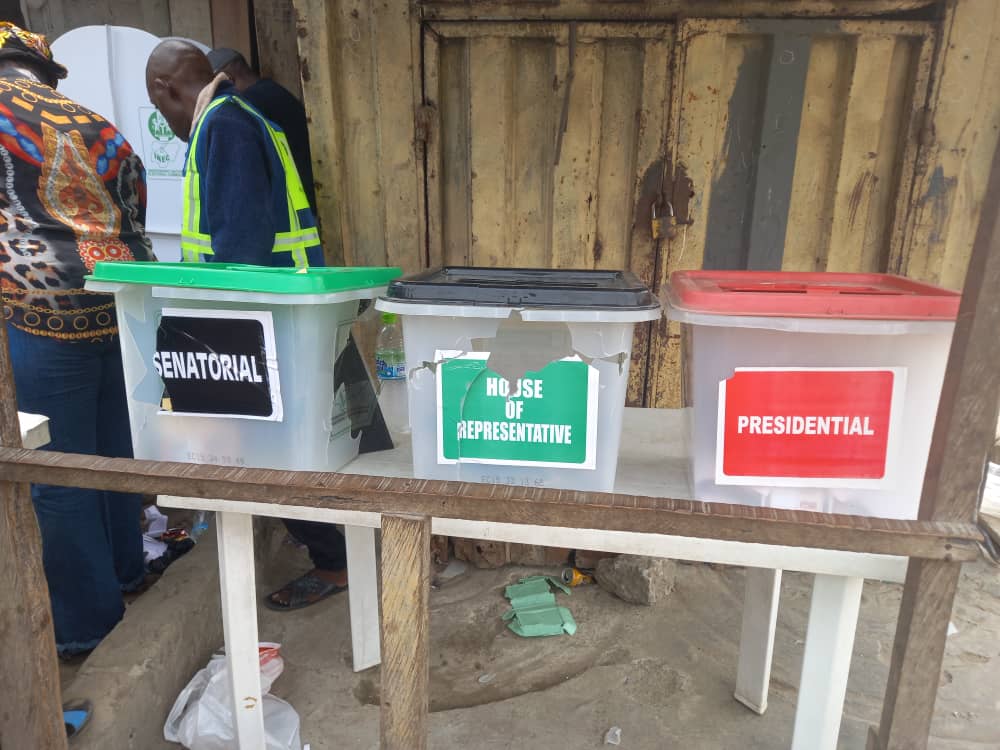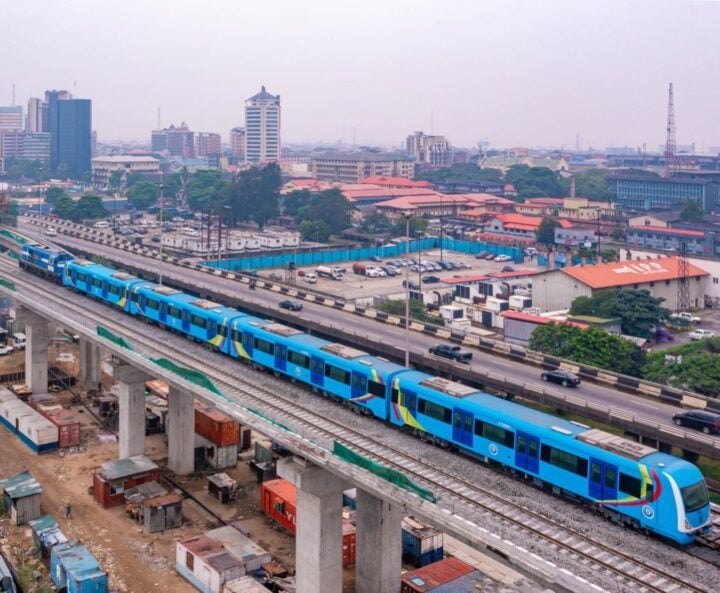Cloud computing, software development, and IT operations (DevOps) have become the invisible backbone of the modern digital economy. From financial services to healthtech to e-commerce, reliable infrastructure determines whether innovations can scale or stall.
In Africa, where digital services are leapfrogging legacy systems, the stakes are even higher. The continent’s future growth will depend not only on bold ideas but on the resilience, scalability, and reliability of the systems behind them.
THE HIDDEN BACKBONE OF DIGITAL GROWTH
When people talk about Africa’s tech boom, much of the attention goes to mobile applications, fintech solutions, or e-commerce platforms. Yet, behind every user-friendly interface lies infrastructure that must withstand pressure, scale seamlessly, and deliver trust. Without it, innovations struggle to survive beyond pilot stages.
Advertisement
This is where cloud computing and DevOps play a transformative role. By automating workflows, streamlining deployments, and improving system reliability, they provide the unseen scaffolding for digital inclusion. In a region where downtime or failed transactions can erode trust quickly, strong infrastructure isn’t optional; it’s existential.
LESSONS FROM THE GROUND
The story of Adedamola Ajibola, an infrastructure engineer who has worked at organisations like Interswitch, Blockops, and Grocery, illustrates this transformation. What began for him as curiosity about how systems communicate matured into mastery of cloud tools and infrastructure automation. Along the way, he faced the challenges common across Africa’s ecosystem, unreliable internet, limited training opportunities, and scarce mentorship.
Advertisement
Instead of being held back, these constraints sharpened his resourcefulness. Today, his work helps large organisations deliver faster, scale reliably, and build systems trusted by millions.
At Interswitch, for example, his contributions to infrastructure resilience reinforced confidence in one of Africa’s most critical payment networks, proof that behind every smooth transaction lies countless hours of infrastructure engineering.
Adedamola’s journey mirrors that of many African engineers who are turning adversity into innovation, building systems that rival global standards despite operating in resource-constrained environments.
BEYOND INDIVIDUAL SUCCESS: THE POWER OF COMMUNITY
Advertisement
What makes this movement remarkable is not just individual achievements but the culture of collaboration. Across Africa, engineers are sharing knowledge through open-source projects, writing technical blogs, and mentoring younger talent.
By demystifying DevOps and cloud practices, they are lowering entry barriers and ensuring that expertise compounds rather than remains siloed.
This community-driven approach is essential. Africa’s digital future will not be built by a handful of star engineers, but by networks of practitioners exchanging insights and solving problems together.
THE ROAD AHEAD
Advertisement
The next decade of Africa’s digital transformation will hinge on infrastructure. Fintech apps cannot scale without reliable payment rails. E-commerce cannot thrive without systems that handle surges in traffic. Healthtech cannot deliver lifesaving services without secure, resilient data platforms.
Investing in infrastructure engineering, through training, community support, and regional cloud capacity, is therefore not just a technical priority but a development imperative. As engineers like Adedamola demonstrate, curiosity, resilience, and collaboration can unlock solutions that power entire industries.
Advertisement
Africa’s digital story is often told through apps and platforms, but its real foundation lies deeper. The builders of infrastructure, often unseen and unsung, are the ones ensuring that innovation doesn’t crumble under its own weight. Their work turns bold ideas into reliable services.
Adedamola’s journey from curiosity to cloud mastery is one story among many. But it underscores a bigger truth: if Africa is to shape its digital future, it must continue to invest in the invisible backbone, the infrastructure, that makes everything else possible.
Advertisement
Views expressed by contributors are strictly personal and not of TheCable.






